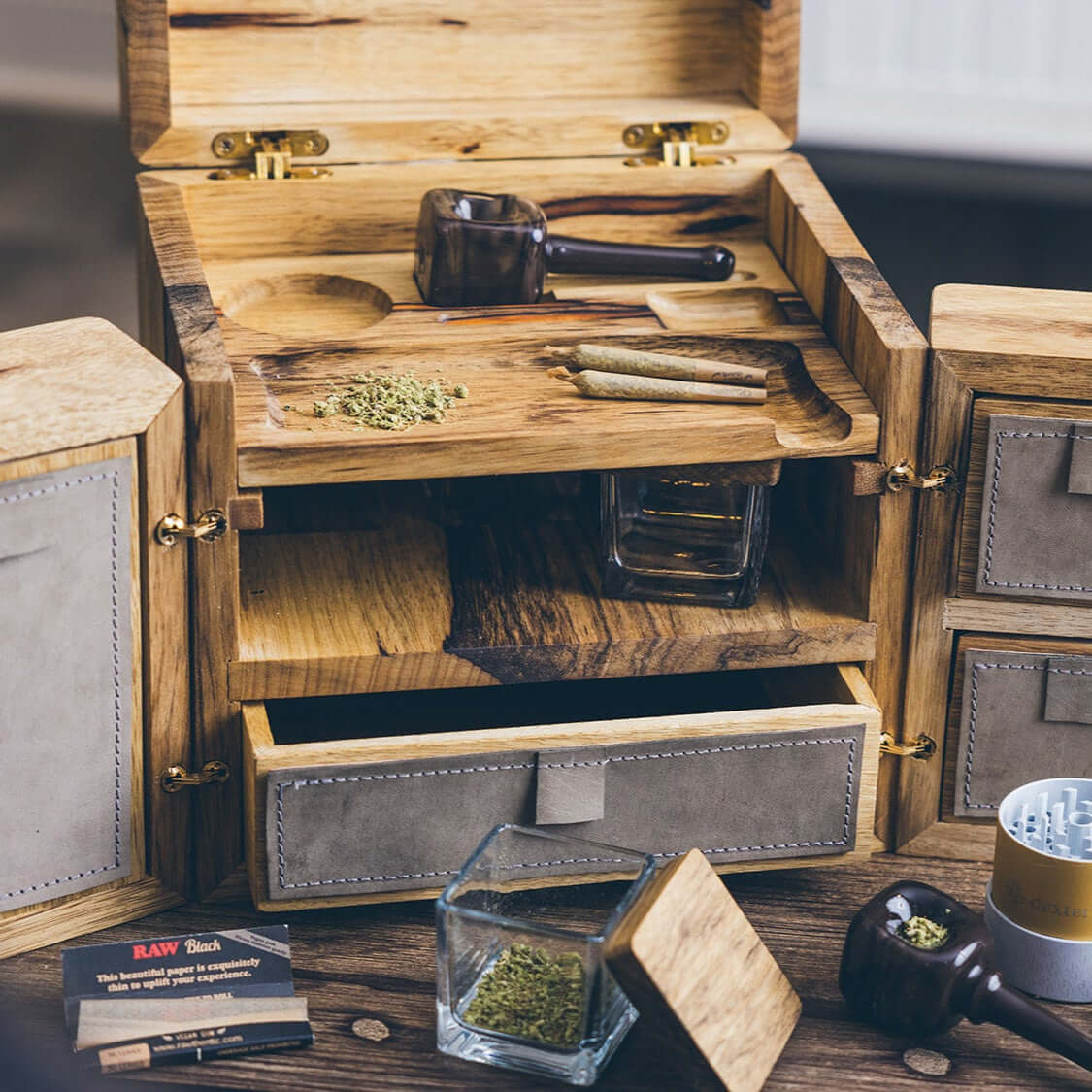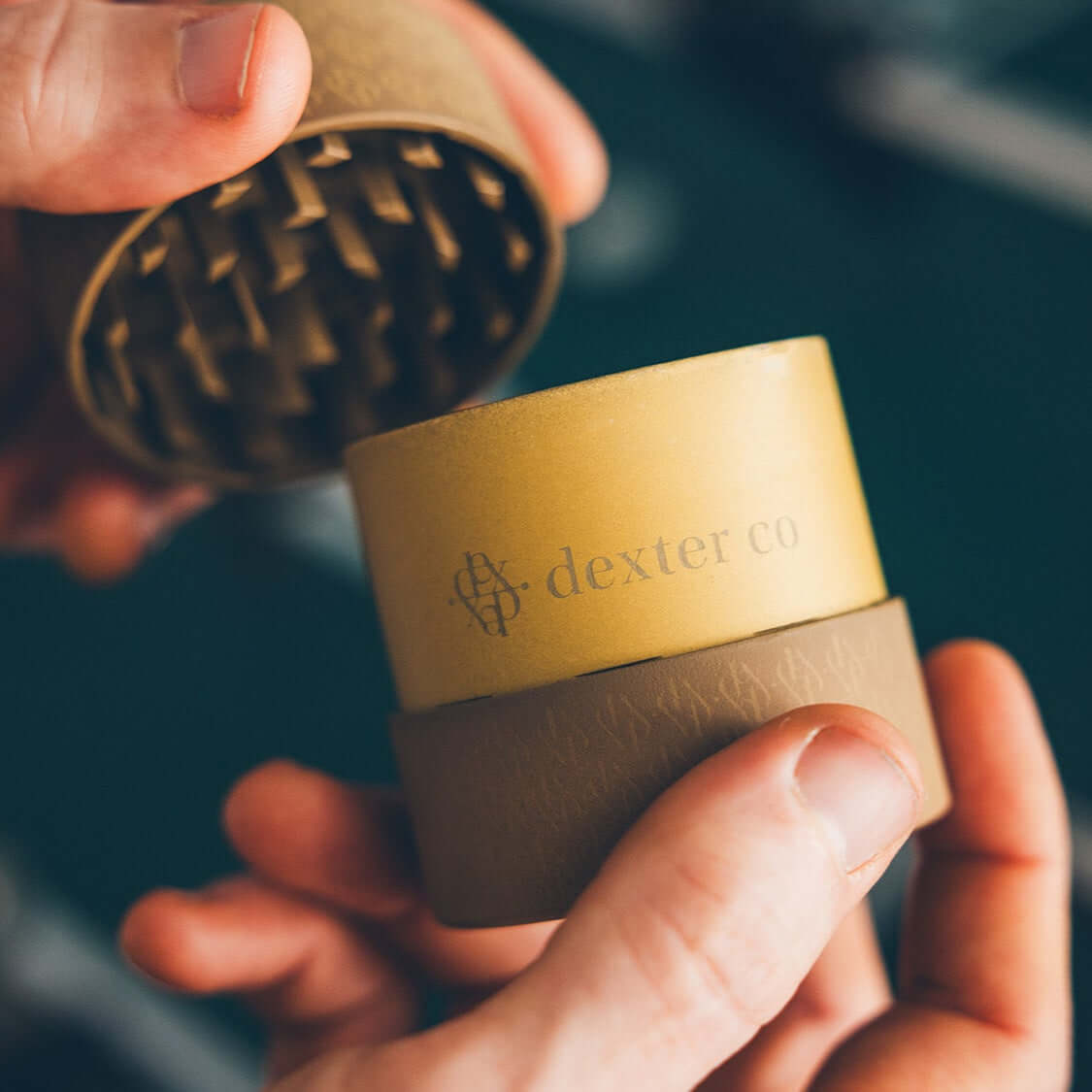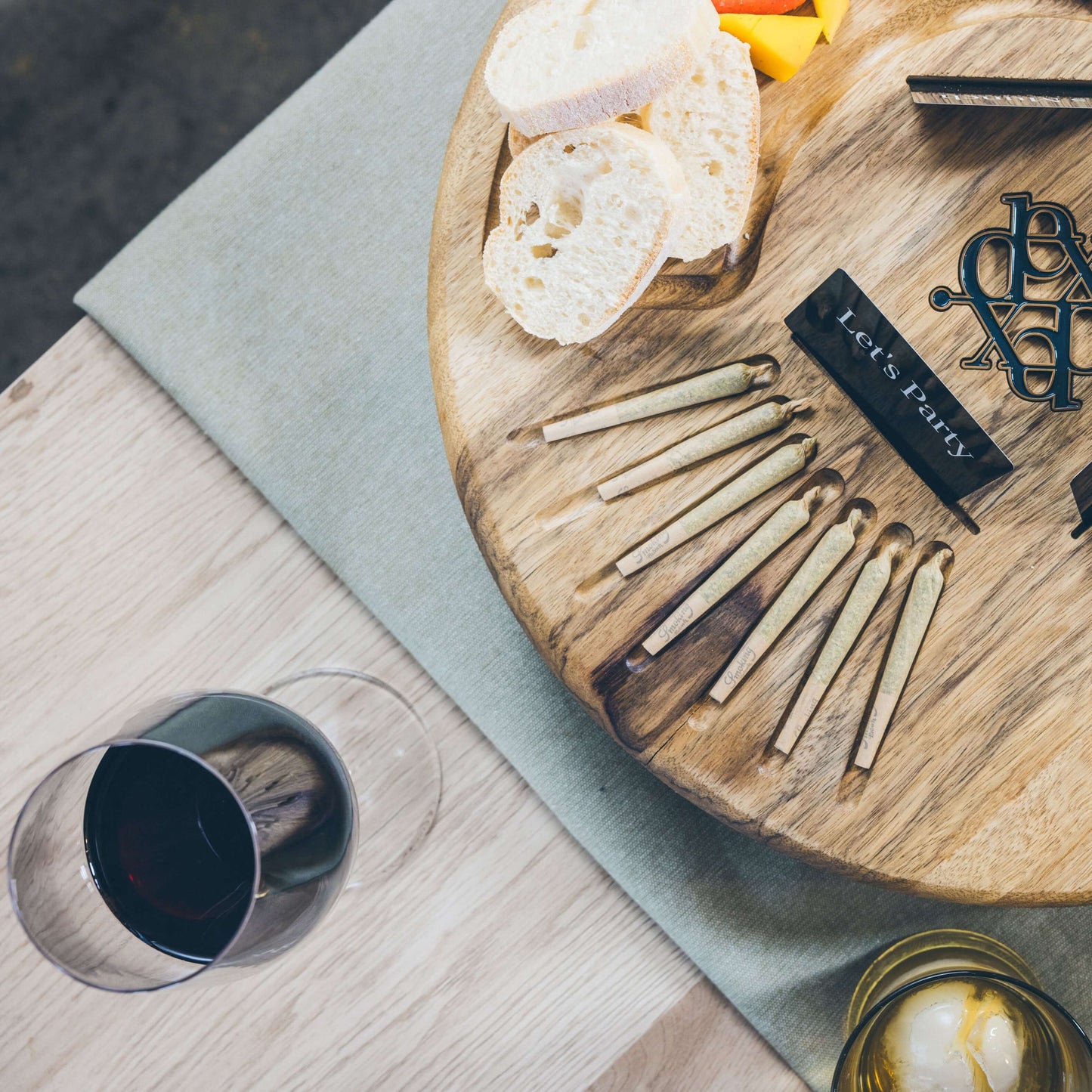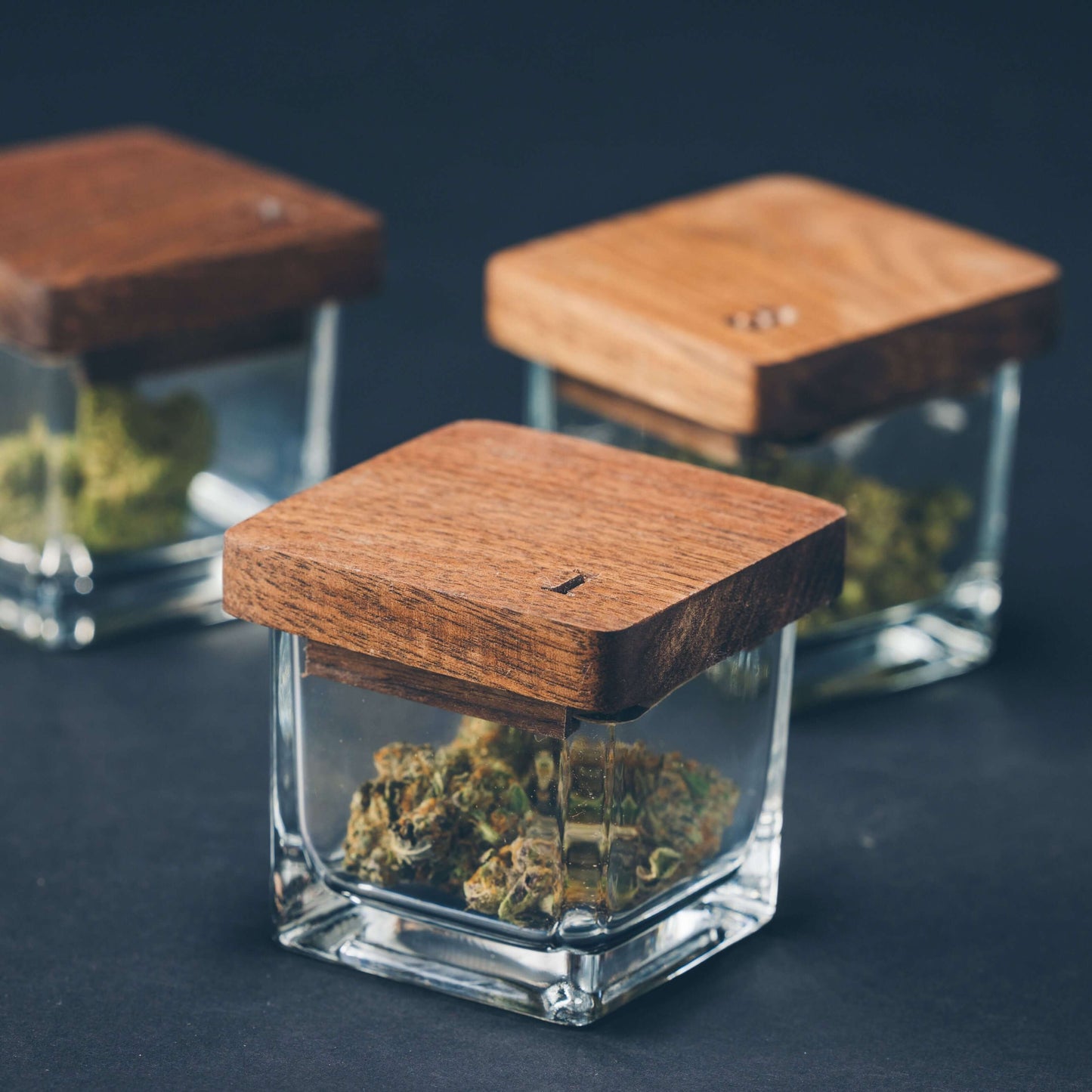
IMO No.10: Frogs in the Pot: The Water’s Hot, But We’re Not Dead Yet
⚠️ Disclaimer: I am not a licensed therapist, economist, philosopher, or amphibian specialist. This is simply one man’s humble opinion, marinated in caffeine, life experience, and a dash of cannabis-induced clarity. If you’re in crisis, please reach out to someone qualified with more than just a blog and a good metaphor game.
In my opinion, we’re all running hotter than we think. Not in the sexy, summer-glow kind of way, but in the simmering, pot-on-the-stove sense. The old metaphor goes: drop a frog into boiling water and it’ll jump out, but put it in room temp water and slowly raise the heat? That little guy just sits there until it's too late.
Now, I’m not saying we’re frogs (though some of us can be a little slimy), but I am saying we’re living in a pot where the temperature keeps inching up. And in my opinion, a huge number of us are too distracted or desensitized to notice just how close we are to a full boil.
What’s raising the temperature?
Anxiety. All of it. All the time. Everywhere.
You’d be hard-pressed to find someone who isn’t walking around with some version of a clenched jaw, tight chest, or buzzing mind. It’s not just you, and it’s not just today. It’s cumulative, low-grade, daily dread. And we’ve normalized it.
- The Internet (yes, capitalized, like a deity, because that’s how much power it has)
- Politics, which somehow manage to be both inescapable and utterly exhausting
- The rising cost of absolutely everything—from gas to eggs to homes to hope
- Uncertainty about the future, especially when it comes to our kids and their education
- Social media, with its dopamine highs and tribal warfare-level lows
- Polarization, which makes every conversation feel like a landmine
- Loneliness that lingers even when we’re technically “connected”
- A 24/7 news cycle that offers a steady diet of tragedy and catastrophe
Now, let’s stir that pot.
If you’re feeling like the heat’s getting to you, you’re not wrong. The speed of change in the internet age is something humanity hasn’t really adjusted to. We’ve innovated ourselves into a corner. Our species simply hasn’t had time to evolve coping mechanisms for the barrage of information, misinformation, and emotional overload that the online world delivers to our pockets, wrists, and nightstands.
Think about it: in the last two decades, we’ve gone from landlines and dial-up to smartphones and TikTok. From needing to physically go to a library to now carrying every encyclopedia, political debate, war report, and celebrity meltdown in our jeans. That’s a hell of a jump—and we made it while barely updating our understanding of how all of this impacts our brains, our bodies, and our relationships.
Add to that the modern paradox of being both constantly connected and perpetually alone. We can see everyone, all the time, yet we rarely feel seen. We’re encouraged to perform instead of participate. We’ve substituted comment sections for conversations, and likes for love.
In my opinion, this isn’t just a tech issue—it’s a species-wide stress test. And most of us are white-knuckling it.
And then, there’s the economy.
Let’s be honest: when the price of eggs makes you do a double take, and the idea of buying a home feels as distant as a trip to the moon, you’re going to carry some low-level panic. Financial insecurity, or even just instability, has a way of creeping into every other area of life. It colors our decisions, our relationships, our confidence. It’s another degree added to the pot.
Parents feel it too, maybe more. The anxiety of raising a child in a world that feels like it’s spinning faster and faster, while the foundations—school, healthcare, safety, basic trust—start to shake? It’s a quiet panic we live with daily.
So what’s the result of all this?
We snap more quickly. We trust less easily. We doomscroll ourselves to sleep. We self-medicate with caffeine, alcohol, weed, or three straight hours of Netflix. We feel tired but wired. Wired but numb. Numb but overwhelmed.
This is not sustainable.
But here’s the hopeful part, and I really do believe this: we’re not dead yet. We’re not boiled. We still have time to jump out of the pot—or at the very least, reach over and turn down the damn burner.
What does that look like?
- We need to name it. We need to admit that we’re all feeling it. That life is harder right now, not because we’re weak or failing, but because the systems we’re trying to function within are fundamentally flawed. That it’s okay to feel overwhelmed, and even more okay to ask for help.
- It also looks like slowing down, setting boundaries with our screens, and redefining success in ways that don’t involve burnout. It means rebuilding local community—friends you can touch, talk to, and lean on. It means learning how to be present again, without a dopamine drip constantly hijacking our attention.
- It definitely looks like being intentional about what works for you. Nobody blinks an eye when someone hits the gym four times a week for physical health, but doing the same for your mental health? That still feels "extra" to a lot of people. It’s not. It’s necessary. If you’re not purposeful about carving out space for your mind and spirit, the rising temperature of modern life will cook you slowly while you’re distracted by everything else.
- Maybe it even means rethinking our relationship with cannabis—not as escapism, but as a tool for intentional slowing, for connection, for conversation. In moderation and with the right mindset, cannabis can help us step outside the churn and remember what it’s like to breathe, laugh, and feel again.
What does it look like for me?
For me, it looks like this: since the dawn of humanity, people have gathered around meals—not just to eat, but to connect. To talk about their day, their fears, their hopes. I truly believe that’s one of the greatest and most accessible luxuries life has to offer.
Now, I’m not saying dinner parties will fix everything in my life. Healing and growth require a mix of tools. But I am saying this: when I’m intentional about spending time with people I care about—when I host a Dex Party or just a casual dinner to laugh, vent, and be human—my life improves.
Think of it this way: what if you could make your week just 1% better with something as simple as having friends over for dinner? And if you do that consistently, every week, in theory, you will be 67.7% better by year’s end. (Yes, I’m aware that’s fuzzy math and completely unverifiable, but hey, the spirit holds up.)
The point is: slow, steady change is more sustainable than massive lifestyle overhauls. You don’t need to become a monk or dive into an all-consuming self-help regimen to start feeling better. You just need to do a few things on purpose—and keep doing them.
The real challenge isn’t hosting a Dex Party. The real challenge is doing it consistently. Life gets busy, time slips by, and before you know it, it’s been months since you’ve had a real conversation with someone who knows your middle name. So here are two simple things I use to stay on track:
- Set a recurring reminder on your phone to plan time with your people. You won’t always have space that week, but the reminder brings it to the front of your mind—and your calendar—where it belongs.
- Find a group of friends committed to meeting regularly. You won’t make it every time, and that’s fine. But having a consistent “Every second Thursday at X place” baked into your calendar builds rhythm, and rhythm builds connection.
- Work it into the life you already have. If you’ve got something you already do regularly, invite people to join you. Your local pizza joint does $10 pizza and pitcher specials every Wednesday? Boom—text a few friends. Sometimes it’ll be two of you, sometimes a crowd, but you’ve created a consistent, low-effort gathering that improves your life over time. Or maybe your family has Taco Tuesdays at home. What if once a month—or every other—you just set a couple extra plates and invite others in? You’re already doing it. Don’t overthink it. The goal is connection, and the magic is in the repetition.
Final Thoughts
I have to be honest—I don’t want to give the impression that being intentional comes easy for me. Matter of fact, I’ve kind of sucked at it lately. But I’m trying to get better. Like all great 12-step programs, the first step is admitting you have a problem. In this case, it’s admitting and accepting that I need connection in my life—and I need to be consistent about creating it.
Kind of like flossing. I know I need to do it, I plan on doing it, and sometimes… I actually do it. Intentional connection is the same. It’s not always convenient, and it doesn’t always go as planned, but the payoff is always worth it.
So, the water’s hot. But if we pay attention, if we start looking out for each other, if we stop pretending everything’s fine and start actually living differently, we don’t have to boil. We can adapt. We can evolve. We can jump out of this pot and into something better.
It’s not easy. But it’s possible.
P.S. No frogs were harmed in the writing of this article.
Next up: IMO 11 – “The Real Gateway Drug Is Loneliness”
Turns out the real gateway drug isn’t cannabis—it’s loneliness. In this one, we unpack what the U.S. Surgeon General actually said, why connection matters more than ever, and how a little cannabis (used thoughtfully) might just be the bridge we all need.




